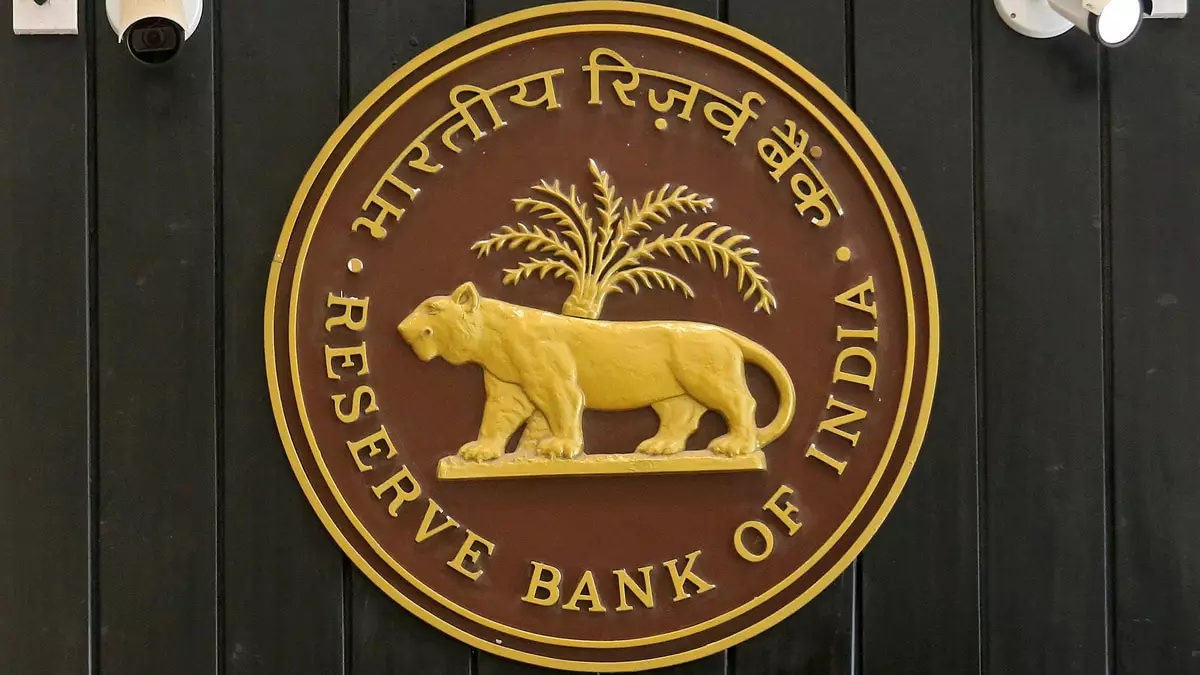India’s digital finance environment is evolving rapidly, with the Reserve Bank of India (RBI) at the forefront of this transformation. In its latest report, the RBI outlined both the current status and future trajectories for digital finance innovations, notably highlighting the ongoing advances related to the eRupee—the nation’s Central Bank Digital Currency (CBDC). This report aims to encapsulate the RBI’s vision for integrating the eRupee into the overarching framework of India’s financial infrastructure.
The Context of eRupee Development
The announcement of the eRupee marks a significant shift in how the Indian economy is geared towards modern financial practices. Unlike cryptocurrencies, the eRupee operates under strict regulations set by the RBI, ensuring that it adheres to monetary policy and offers a higher sense of security and trustworthiness. In contrast to its crypto counterparts, which are often associated with volatility and lack of regulation, the eRupee is designed to be stable and reliable—a digital representation of the Indian Rupee aimed at enhancing India’s reach in global markets.
The RBI envisages the eRupee not merely as a digital currency but as a strategic asset that could facilitate smoother cross-border transactions. The central bank’s aspirations for the eRupee align with their objective of strengthening the INR’s position on an international scale, thus improving India’s overall soft power. This move could position the eRupee as a bridge for international trade and commerce, enhancing India’s role as a crucial player in the global economy.
The RBI’s report delves deep into the emerging trends within the fintech sector, focusing on the digitalisation of payment systems and frameworks that could enable the internationalization of the Rupee. The document suggests that by fostering a favorable ecosystem for foreign direct investments (FDIs), the RBI intends to catalyze the adoption of digital currencies and FinTech innovations in India. This is particularly crucial as India seeks to leverage its growing digital economy and ensure that local businesses can compete on a global stage.
A key takeaway from the report is the concept of using CBDCs to mitigate risks associated with foreign exchange while enhancing the efficiency of international transactions. With the eRupee already in advanced trial phases in retail and wholesale markets, the RBI is actively testing its efficacy in person-to-person and person-to-merchant transactions, providing invaluable insights into its real-world application and applicability across various sectors.
From a technological standpoint, the eRupee embodies several advantages over traditional financial transactions. Being built on blockchain technology, it promotes transparency and security by maintaining immutable records of transactions. This foundational element not only deters fraud but builds trust in the digital finance ecosystem. Furthermore, the digital Rupee would allow banks to significantly decrease their reliance on physical currency, thereby promoting a more efficient and environmentally friendly banking environment.
The trial phase showing approximately 50 lakh users and 4.2 lakh merchants engaged in the eRupee project underscores the growing acceptance and familiarity with digital payment options among consumers and businesses alike. The RBI aims to capitalize on this momentum, reinforcing the need to enhance data security and increase access to electronic payment services across urban and rural spectrums.
Industry experts, such as Sharat Chandra from EmpowerEdge Ventures, emphasize the importance of developing multi-CBDC frameworks that allow countries aligned with India’s interests to collaborate more effectively. A concerted strategy focused on forming partnerships with nations that share similar economic goals could significantly streamline foreign exchange and bolster India’s global trade status. As the world becomes increasingly interconnected, having interoperable digital currencies will be a necessity for seamless international financial operations.
The eRupee is a vital component of India’s evolving digital finance trajectory. With the RBI’s commitment to regulating this innovative currency and enhancing the broader fintech landscape, the eRupee could soon become a cornerstone of India’s economic engagement on the global stage. Transitioning to a digitally empowered financial system is not merely a trend but an essential evolution, and the RBI’s focused intentions position India at the helm of this transformative journey.


Leave a Reply